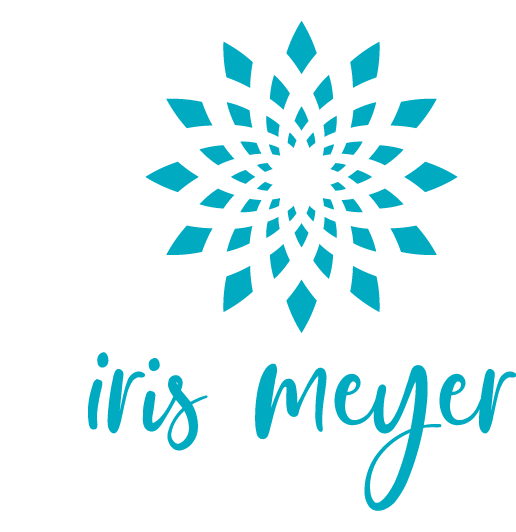
What is Shamanism?
Whether indigenous or modern, all shamanic traditions accept that everything is alive and everything has a spirit. This is called animism and it’s an essential part of shamanic cultures worldwide. A focus on personal and community healing, the establishment of some form of spiritual practice, and the tools of vision and ceremonies are also essential. At its heart, shamanism is earth-based and focuses on our natural connection as a path to healing and growth.
We don’t live in a shamanic society – depending on our heritage, our ancestors did hundreds or thousands of years ago – but we can use shamanic practices to help us in our modern life.
Why Shamanism?
Shamanism is not a religion or creed and it is compatable with all belief systems – or none. The only requirement is an open mind and a willingness to be surprised. Shamanism is often called the “path of direct revelation”, meaning that you form your beliefs through your own experience. I can’t tell you what to experience, so I can’t tell you what to believe. Direct revelation leads to empowerment. And that’s precisely the point.
Shamanism can be a collection of helpful skills, a healing journey or a life path. Shamanic techniques require honesty that can lead us to self-mastery. They connect us to both to an experience of the divine and to what it truly means to be human.

